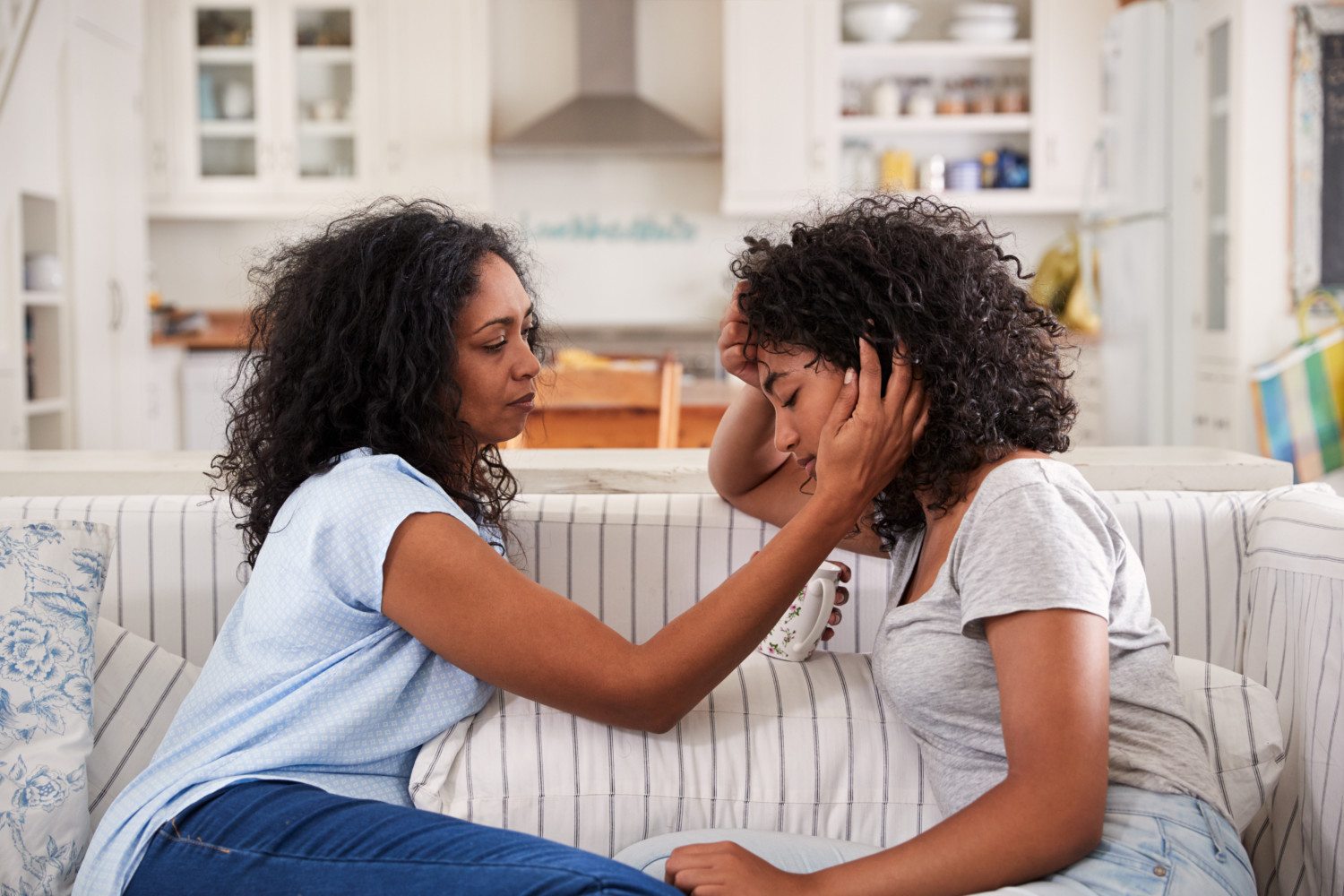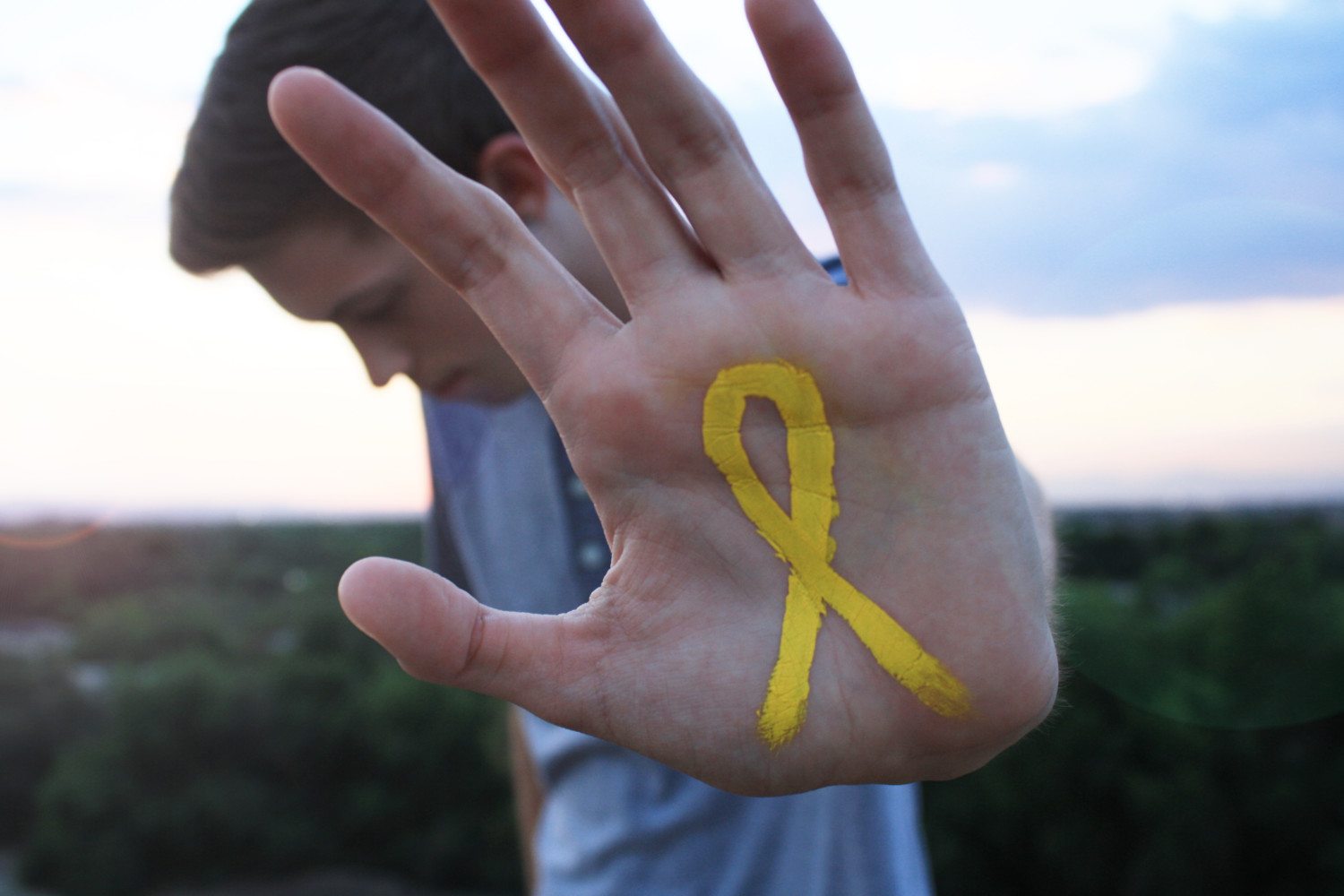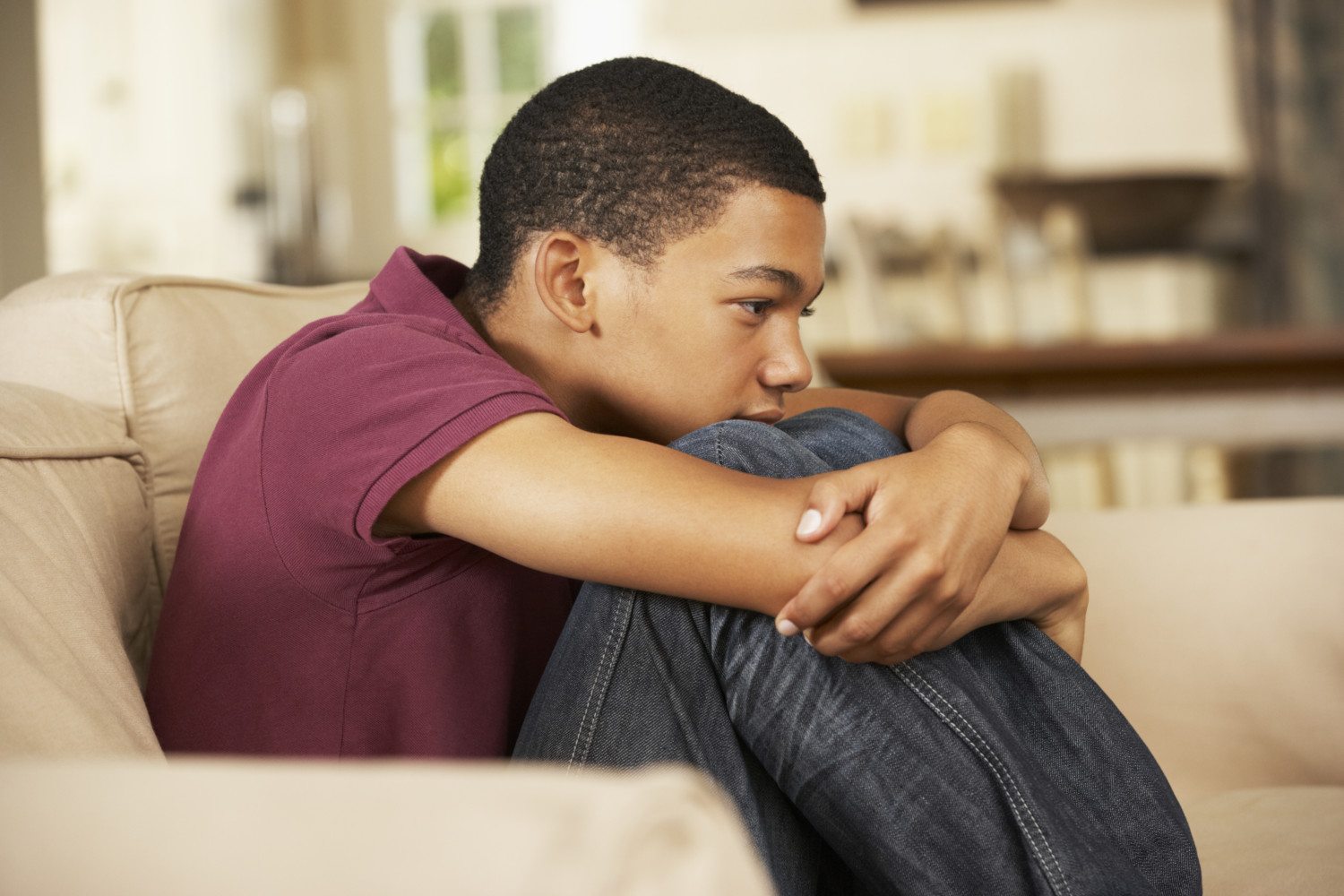Father’s advice after losing daughter to suicide: ‘don’t believe her when she tells you she’s OK’

If you’ve ever lost a loved one to suicide, you know it’s an extremely devastating and emotional experience. When someone takes their own life, survivors are often left with questions that seem to have no answer. They wonder if there was something they could have done or said. They ask themselves why they didn’t see it coming. As someone who has lost a good friend to suicide, I can tell you that the experience is one that stays with you, long after the person you loved is gone.
Richard Blackwell recently lost his daughter, Alex, to suicide. She had been suffering from depression and social anxiety ever since she got a concussion playing soccer the year before. Blackwell took his daughter’s mental health problems seriously, and she was seeing a therapist for her issues. Although Alex had talked about suicide in the past, Blackwell believed she was on the upswing in recent months. So when he found his daughter unresponsive, he was in shock that she was gone. Alex was just 16 years old when she took her own life.
Now, the bereaved father is calling on other parents to think twice when their children insist they’re “OK.” That’s exactly what Alex told her dad shortly before her death. In an impassioned post on LinkedIn, Blackwell wrote:
“Don’t believe it when your daughter says I’m OK. Check on her often if she is a risk. Share how important it is to just hang in there and get past the teens. Get her in therapy.”
Blackwell also stressed the importance of confronting issues that may contribute to a teen’s decision to contemplate suicide, including bullying, the mental and emotional consequences of concussions from sports and the role the media plays. He specifically called out the popular Netflix series, “13 Reasons Why,” which explores the reasons behind a young girl’s suicide. Blackwell feels that for young people who are already experiencing mental health issues like depression and anxiety, the show “glorifies suicide and makes it seem not so hard to do.”
How Can You Talk To Your Own Kids?
While most parents would surely agree that they would do anything in their power to prevent their son or daughter from committing suicide, they might also find it difficult to straddle the line between a healthy dose of concern and an invasion of their children’s privacy.
Experts say the key is open communication. Writing for the Huffington Post, Michelle LeRoy, a licensed clinical psychologist at Mayo Clinic Health System, says the following: “If your teenager shares concerns with you about suicidal thoughts, this shows great strength and trust in your relationship. A good rule of thumb is to listen twice as much as you speak. If your teen shares that something private, show empathy and compassion by telling him you know how hard it was for him to share and you’ll do whatever you can to help solve the problem. Avoid scolding or shaming your teen for sharing something with you, even if the news is scary or difficult for you to hear. Do not dismiss suicidal thoughts as a threat or a cry for attention. Instead, give him hope and reassurance that he will not feel like this forever and discuss what you can do to help.”
What Do You Do If Your Kid Won’t Confide In You?
Sometimes, a teen simply doesn’t feel comfortable confiding in their parent. In this case, it’s important to find an alternative way to communicate. “I’ve worked with youth who have thoughts of suicide and don’t like talking to their parents, so they come up with a plan,” Dr. Damon Constantinides, a psychotherapist at Relationship and Sex Therapy Associates in Philadelphia, told The Washington Post. “This might be a code word, or writing it down on a marker board in the kitchen. And when the teen does communicate in this alternative way, what’s the plan? Is it that they need to email their therapist? Or schedule a visit? Having a therapist that the teen likes can be a way to help them find other coping skills for dealing with stress, depression, or anxiety.”
And this is all presupposing you actually know that your child is struggling with depression. Often, parents have no idea their teen is suffering. The signs can be subtle. According to Everyday Health, some common symptoms of depression that often go overlooked include sadness that persists longer than two weeks, changes in eating habits or weight, changes in sleep patterns and activity, changes in mood and behavior, poor self-esteem, withdrawal from friends and family, problems at school and complaints of physical pain.
What can you do if you worry your child is depressed—but they insist they’re fine? According to healthychildren.org, even if your kid is reluctant to use the word “depressed,” it can still be helpful to talk to them about their feelings, and about things at both home and school that might be bothering them. And just to be safe, you can also say something to their doctor. The doctor can screen your child for depression and, if they think it’s warranted, recommend psychotherapy or medication.
If you feel your child might be at risk for suicide and are looking for resources, visit The National Suicide Prevention Lifeline.







